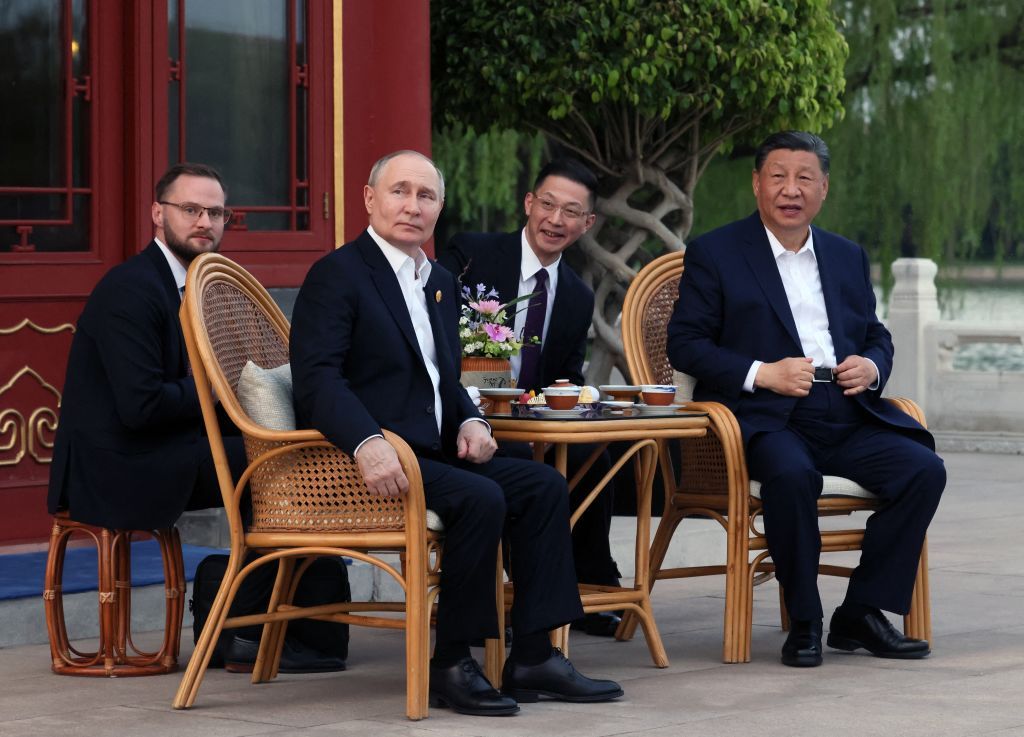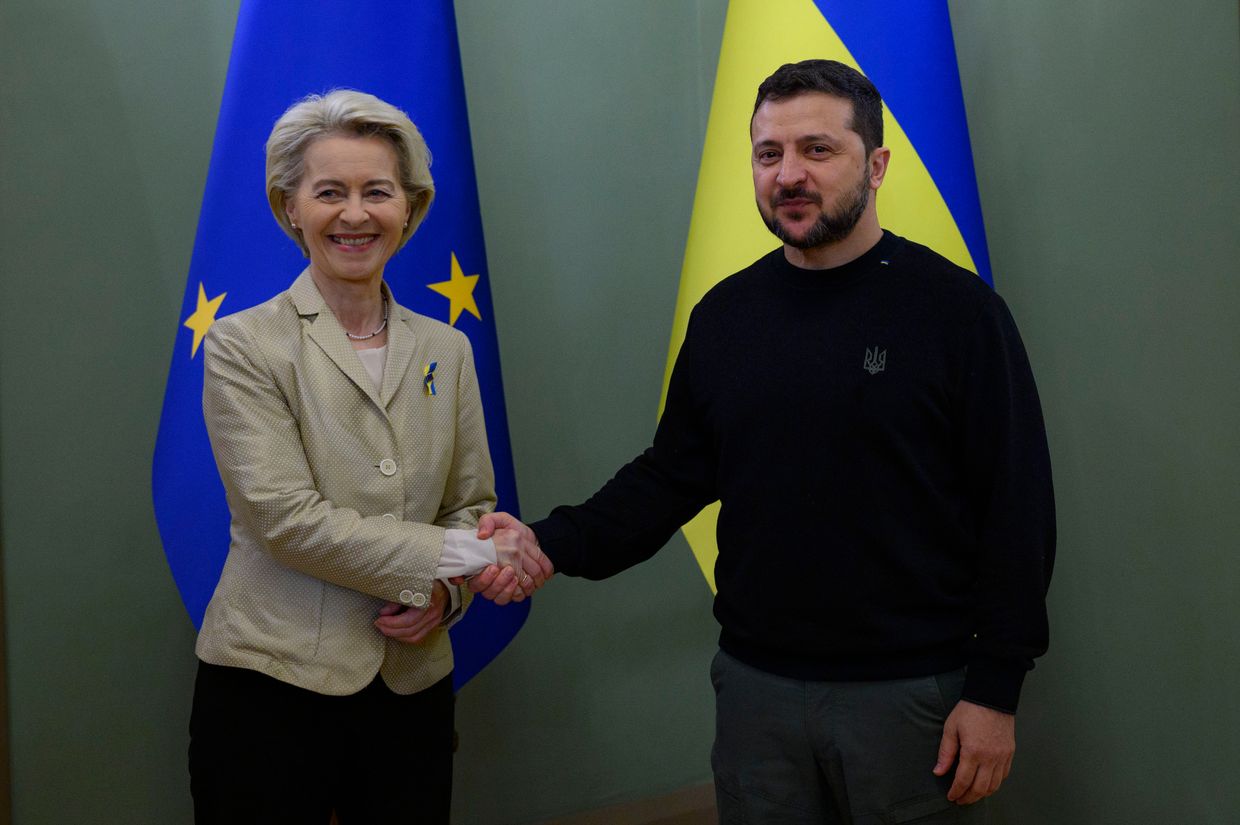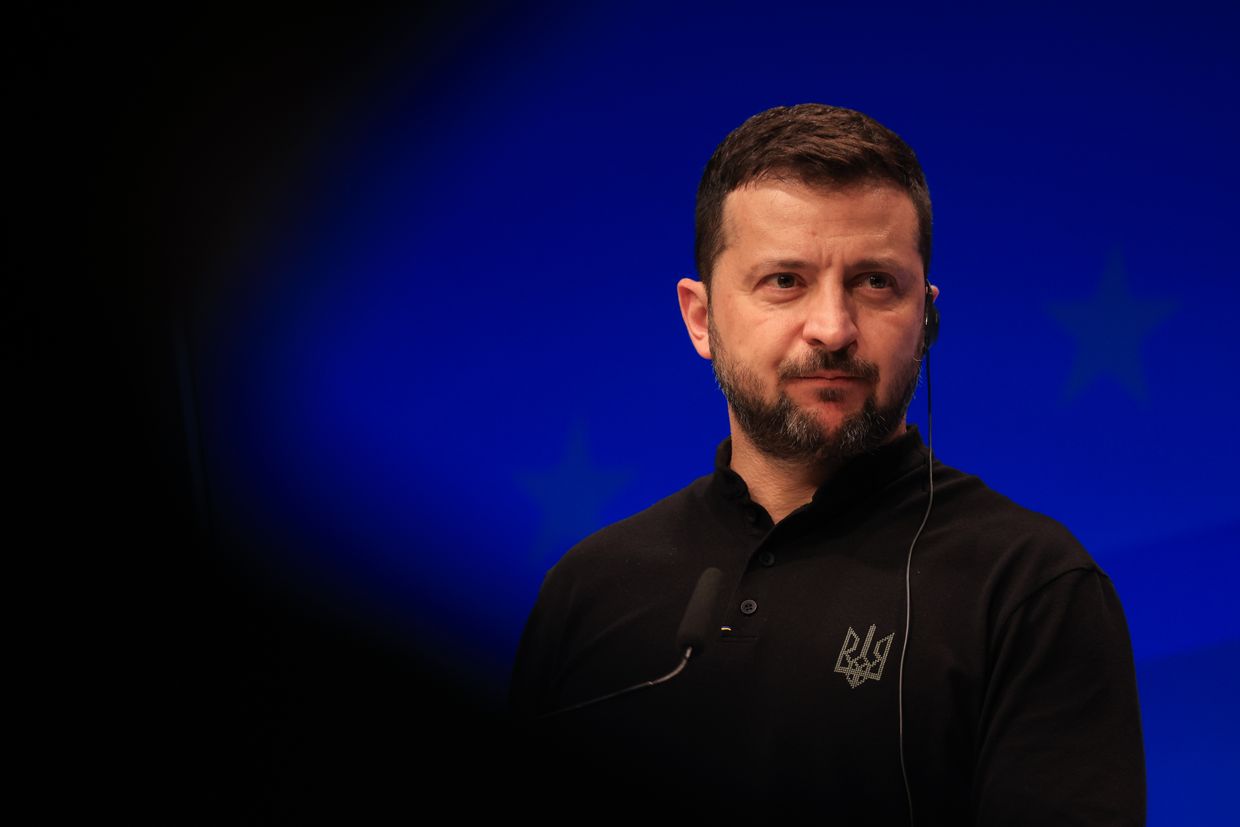President Volodymyr Zelensky arrived in Brussels on June 27 to meet with European officials and sign a security agreement with the European Union.
The EU is expected to join 17 countries, including the U.S., Japan, U.K., Germany, and France, that have signed similar bilateral treaties to help Kyiv repel Russia's aggression.
"It (the agreement) will for the first time establish the commitment of all 27 member states to provide Ukraine with broad support despite any internal institutional changes," Zelensky said via his Telegram channel.
According to an unnamed senior EU diplomat cited by Polish media RMF on June 24, the future security agreement between Ukraine and the EU consists of two parts.
The first is related to security and defense, including "nine specific commitments:" modern equipment supply for Ukraine, Ukrainian personnel training, demining, and support of Ukraine for nuclear and cyber security, among others. The second part deals with civilian aspects, primarily Ukraine's prospect of EU membership.
The document also allegedly includes a pledge to protect Ukrainian refugees, prosecute those responsible for war crimes, continue to impose sanctions on Russia and use frozen Russian assets to support Ukraine, in particular, its reconstruction and economy.

During his visit to Brussels, Zelensky will also hold bilateral talks with the leaders of the EU and member states. Apart from the deal with the EU, the Ukrainian president will sign two more agreements with EU countries, Zelensky's post said, without specifying the details.
The visit comes two days after the long-awaited beginning of accession negotiations between the European Union and Ukraine.
"Today, I am in Brussels to take part in the meeting of the European Council and to thank all the leaders of Europe for their unity and for confirming the irreversibility of our European course," added Zelensky.
Ukraine received EU candidate status in June 2022. The European Commission recommended launching accession talks with Ukraine and Moldova in November 2023, and the European Council agreed on it a month later.
The commission then presented the negotiation framework and said the two countries were ready to begin the talks by the end of June.
Despite the agreement, Ukraine's entry into the EU most likely remains years away. Katarina Mathernova, the EU ambassador to Ukraine, said last month that Kyiv could join the bloc in 2030.














